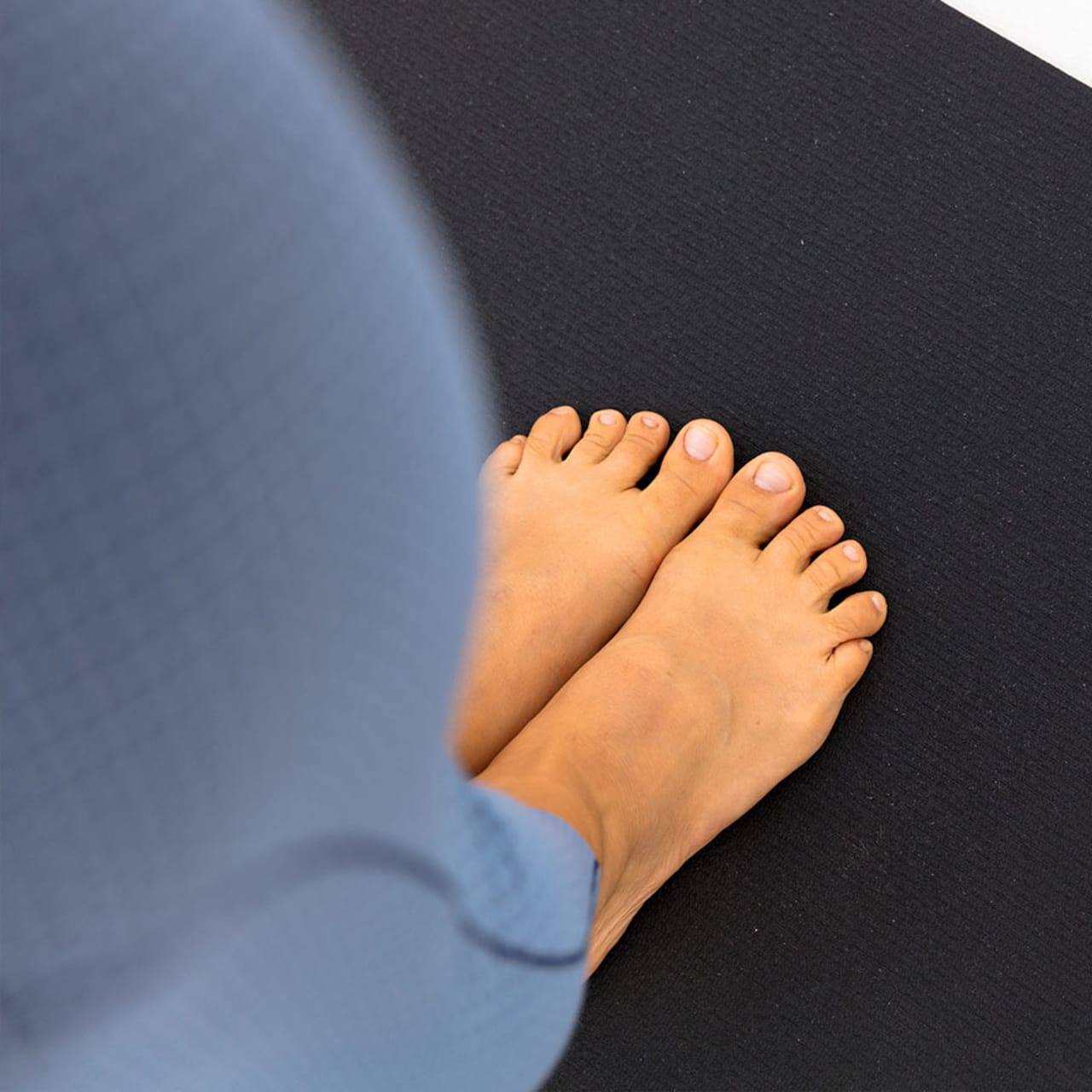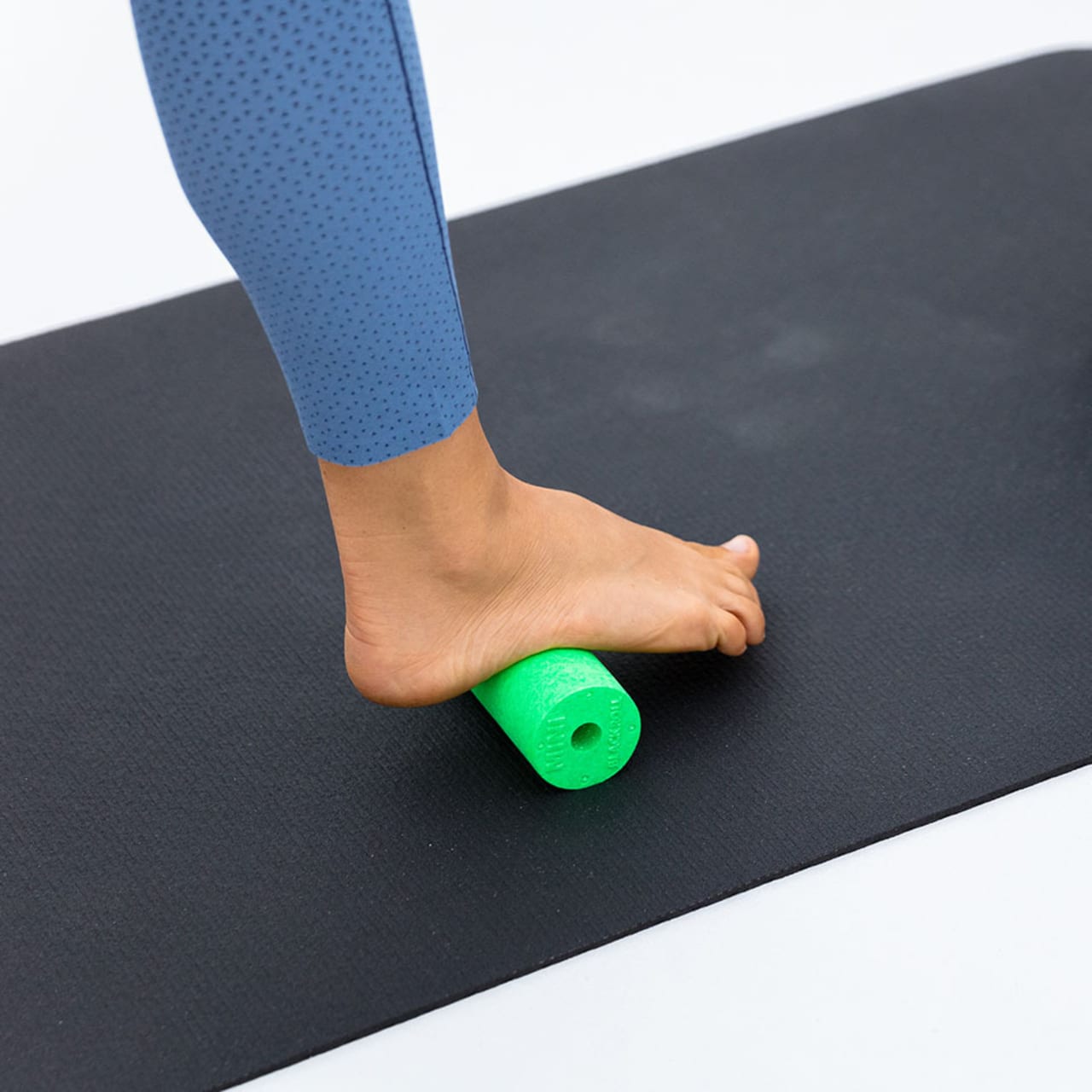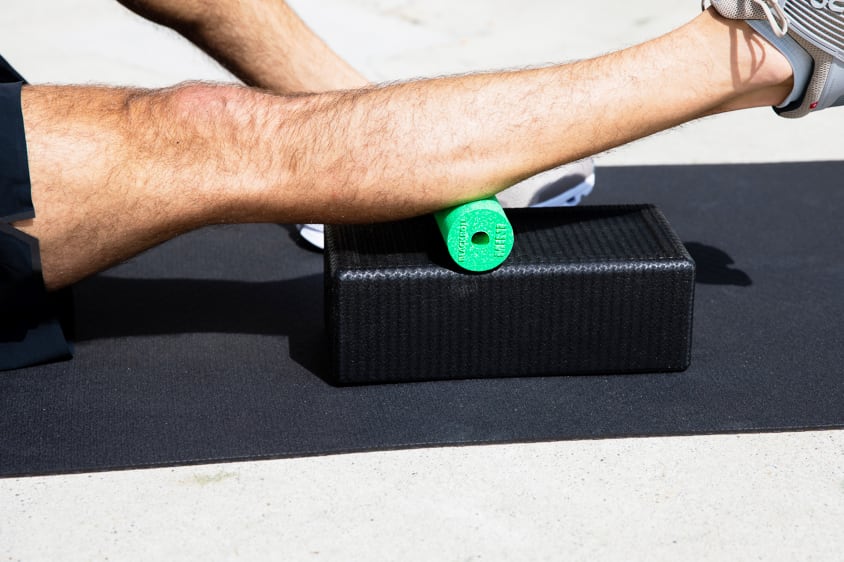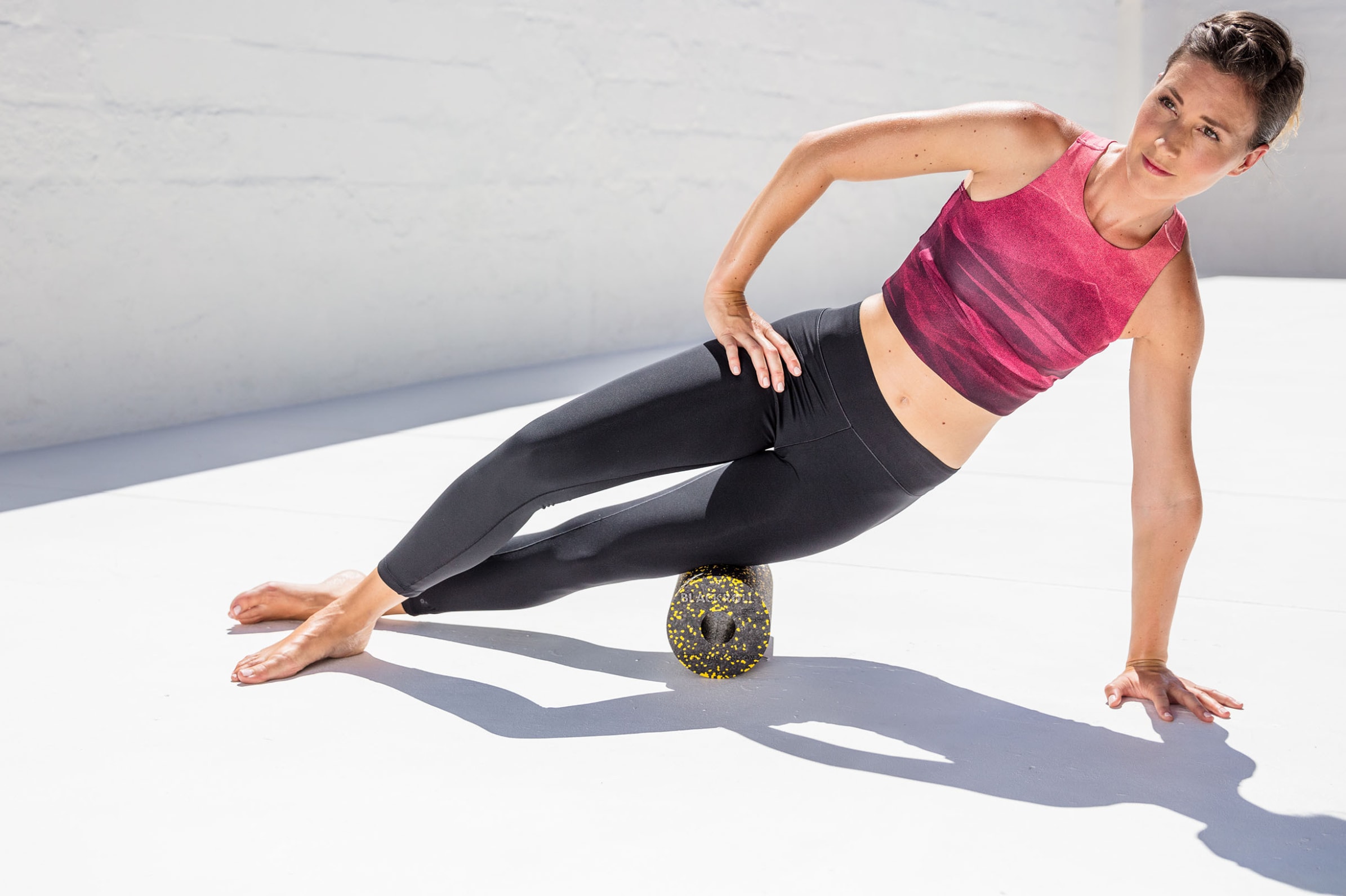
The effectiveness of the foam roller - what fascia training can do for you.

Fascia training is self-massage with foam rollers and other fascia tools. It can help relieve tension, muscle soreness and inflammation and increase flexibility and thus performance. This makes Foam Rolling an ideal companion for before and after training. Current study results and the positive experiences of millions of people speak for training with the foam roller. In this article you will learn what fascia training can do for you and what benefits you can derive from it.
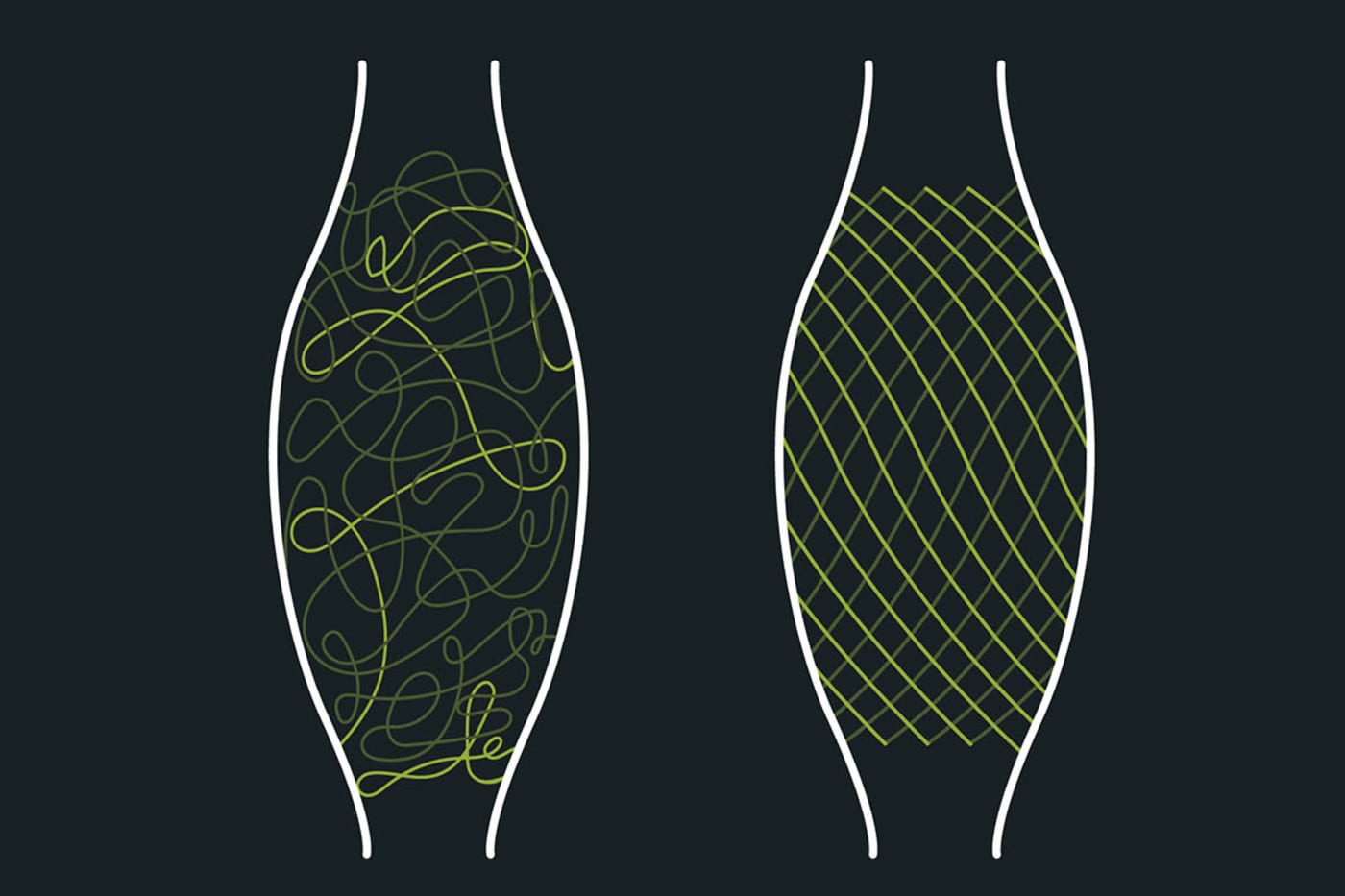
Loosening adhesions and adjusting tension imbalances
Fasciae are the most common connective tissue in our body. Fascia not only surrounds muscles, but virtually all structures in our body. Bones, nerves, organs, blood vessels and many more. One of the main tasks of fasciae is to create frictionless surfaces so that the different structures slide optimally on top of each other. Due to unhealthy lifestyles, too little or one-sided exercise, injuries or excessive stress, adhesions (sticking together) can occur in our organism. Our movement, posture and general quality of life become restricted. The fascia tissue virtually sticks together and loses elasticity. This can lead to a feeling of stiffness, tension imbalances and pain. Targeted fascia training can help to dissolve these adhesions, loosen fascia and restore the integrity of the hardened connective tissue. The effect of training with the foam roller can be less pain and a generally better body feeling.
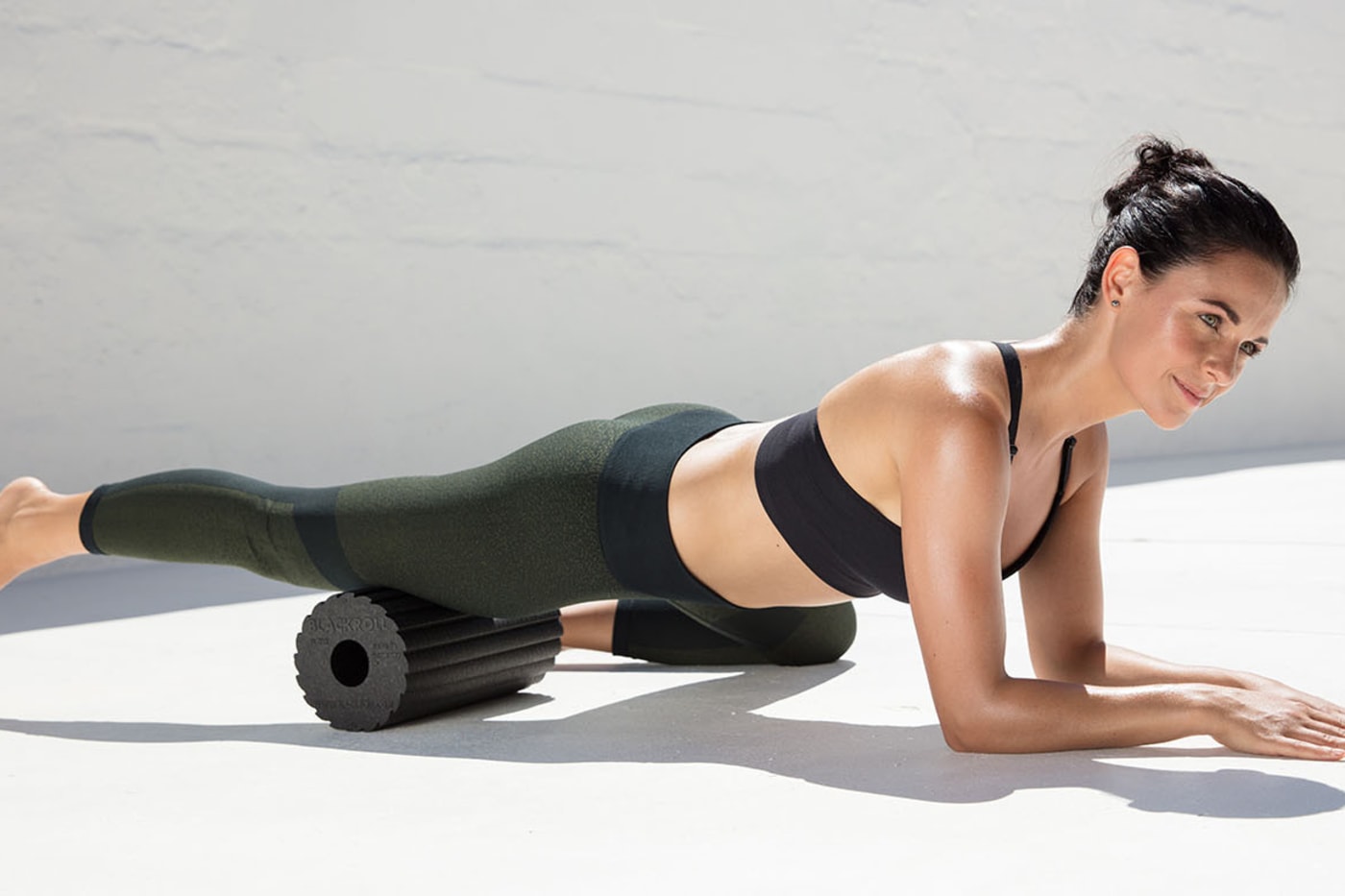
Improving metabolism and recovery
Many competitive athletes get on the foam roller after a competition or an intensive training session. Why? To boost recovery. Foam rolling can improve the fluid exchange of blood and lymph. Used fluid is transported away more quickly and the tissue can fill up again with fresh, nutrient-rich fluid. Think of it like squeezing a sponge so that it can absorb clean water again. The improved blood circulation and stimulated lymph flow can have a positive influence on recovery. Science also supports this assumption. A systematic review by Hendricks et al. (2020), which included 49 articles, the authors concluded that foam rolling reduces muscle soreness and increases the pressure pain threshold (the minimum amount of force that triggers pain). From this, the authors concluded that foam rolls can be used to recover better after increased activity.
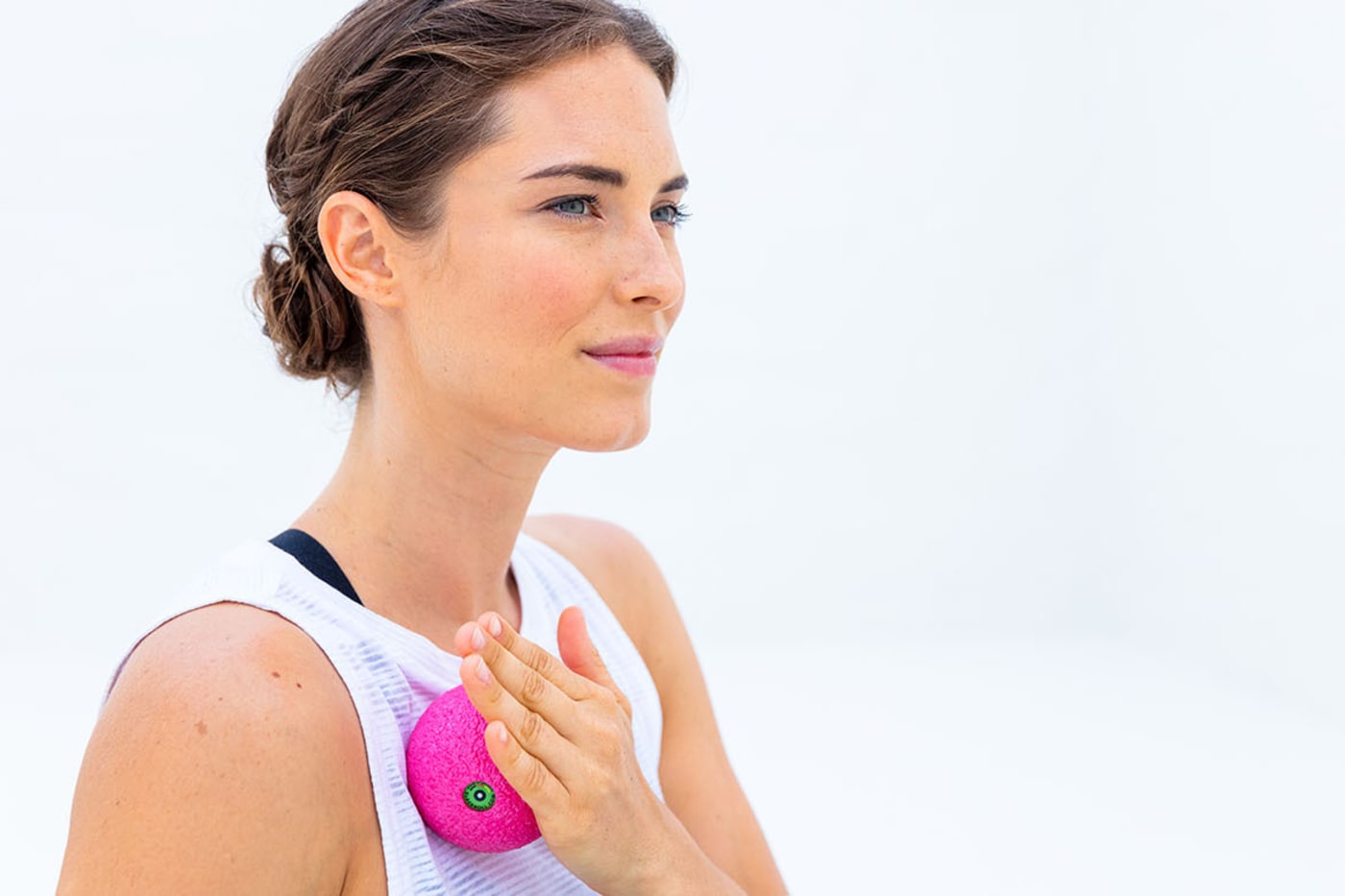
Relief and regulation of the nervous system
For optimal physical and mental health, it is important that our sympathetic (activating) nerve and our parasympathetic (resting) nerve work together in the best possible way. Unfortunately, in the modern performance society, where most people wrestle with a busy schedule, the sympathetic nerve often predominates. The result is constant stress. The top killer for a healthy fascial system. Interestingly, this also works in the other direction. If our fasciae are under tension, we feel restless and stressed inside. This is where fascial training comes in: If we lower our fascia tone, our psycho-emotional feeling of stress will also decrease. You surely know the relaxed feeling directly after a massage? With foam rolls and other self-massage tools, we can also take advantage of this effect.
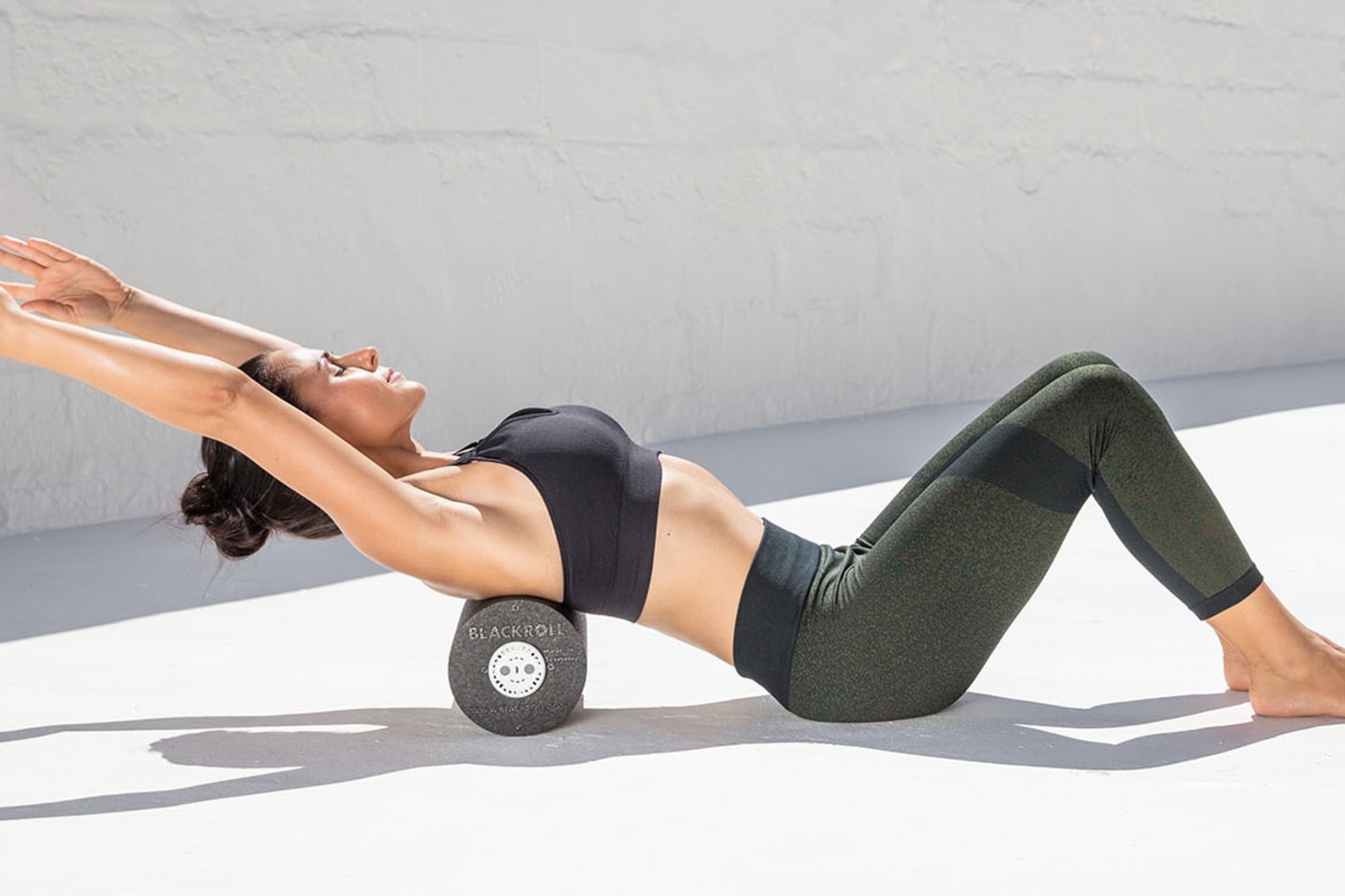
Improving mobility through fascia training
Many trainers still talk about mobility training when it comes to foam rolling. But what is the truth about improving mobility through fascial training? Is it effective? Most studies support the thesis that Foam Rolling improves the short-term range of motion of our joints. Experts believe that the improved range of motion is due to a neurological change. Probably embedded nerve receptors are stimulated. Our brain gets the signal to let loose. This makes it an ideal warm-up tool, as flexibility can be improved without affecting performance. This assumption is supported by a meta-analysis by Wiewelhove et al. (2019). It follows that foam rolling within a warm-up is superior to static stretching in that the latter leads to performance impairment. Foam Rolling within a warm-up is particularly useful when the subsequent sport requires increased mobility and at the same time high strength development.
Whether long-term mobility can also be improved by regular fascial training requires further investigation. In fact, it is more likely that fascial training needs to be combined with other training methods to have a lasting effect on our mobility. The reason for this is that mobility and stability need to work closely together to gain motor control over a movement. We need to send a signal to our nervous system that the freedom of movement we have gained is useful. In concrete terms, this means that if we achieve increased range of motion through fascial training and myofascial self-massage, we need to work with different activation and strengthening exercises to also gain motor control over that movement.
Another interesting observation regarding the gain in mobility has been shown in the form of cross-over effects. This means that an improvement in flexibility was also seen on the opposite side of the body that was not worked on. And even in distant parts of the body, training with the foam roller increases mobility. A case study by Monteiro et al. (2019), for example, showed that foam rolling of the posterior thigh muscles improved the passive mobility of the shoulders.
Conclusion
We hope you now have an overview of what training with the foam roller can do for you. Based on current studies, fascial training could be summarised as follows.
Fasciatraining can:
- Release tension / adhesions.
- Reduce and prevent tension-related pain.
- Improve recovery and reduce the feeling of muscle soreness.
- reduce our general feeling of stress.
- in combination with other interventions, sustainably improve our mobility.
- increase mobility without negatively affecting our performance.
- have a global effect on our mobility
Fascia research is still in its infancy and the effects & effectiveness of fascia training still need to be investigated further. In the end, it is always you who feels the effectiveness of fascial training.
Our suggestion: Just try it and experience the positive effects for yourself.
